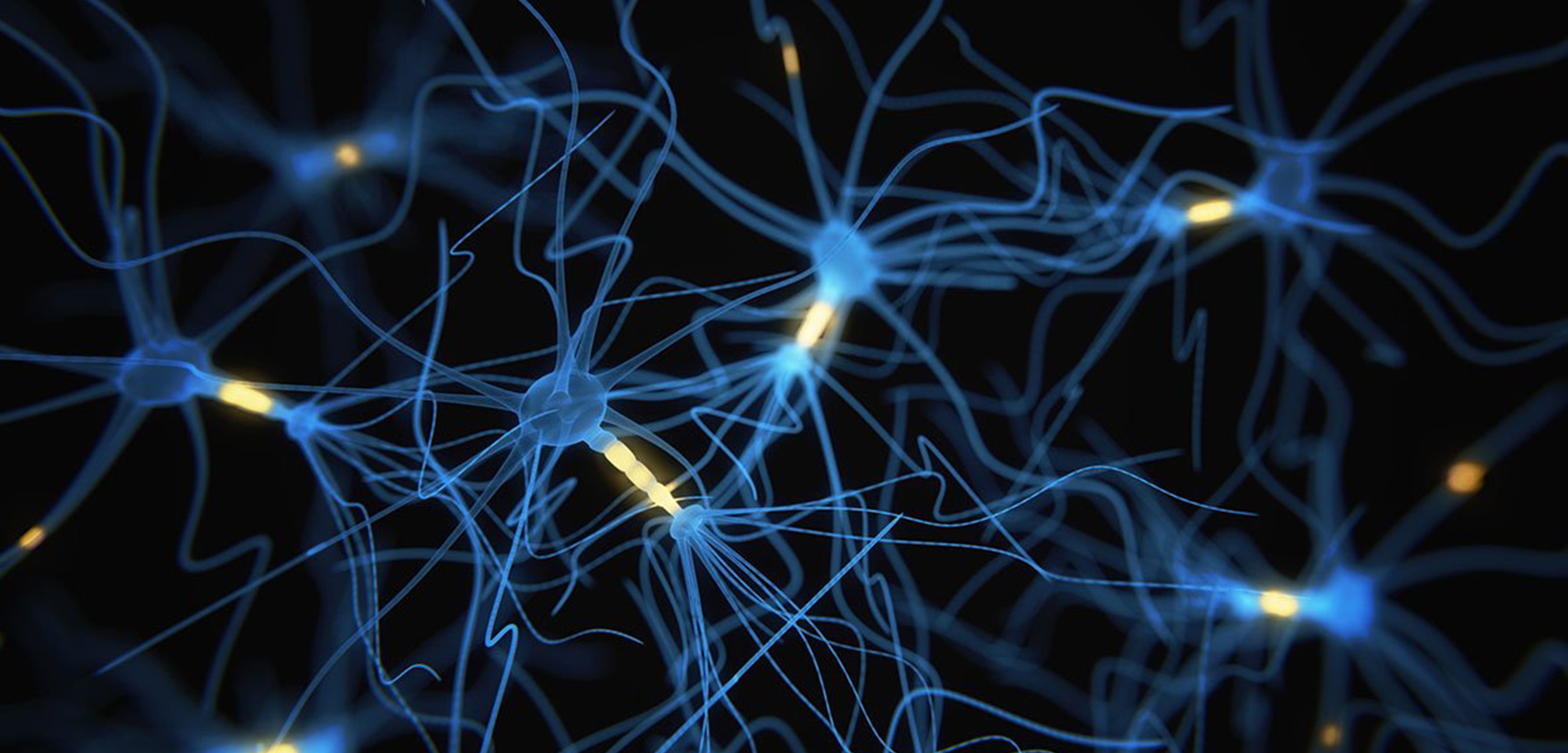

A UK first class honours degree, or its international equivalent, in Psychology.
We may also consider students without a psychology degree if you can demonstrate academic study in cognitive psychology, cognitive neuroscience, biological psychology and/or clinical psychology, together with a solid preparation in methodology and statistics.
Entry to this programme is extremely competitive.
For 2020 entry we accept the following English language qualifications at the grades specified*:
IELTS: total 7.0 (at least 6.5 in each module)
TOEFL-iBT (including Special Home Edition): total 100 (at least 23 in each module). We do not accept TOEFL MyBest Score to meet our English language requirements.
PTE Academic: total 67 (at least 61 in each of the "Communicative Skills" sections)
CAE and CPE: total 185 (at least 176 in each module)
Trinity ISE: ISE III with a pass in all four components
For 2021 entry we will accept the following English language qualifications at the grades specified*:
IELTS: total 7.0 (at least 6.5 in each module)
TOEFL-iBT (including Special Home Edition): total 100 (at least 23 in each module). We do not accept TOEFL MyBest Score to meet our English language requirements.
CAE and CPE: total 185 (at least 176 in each module)
Trinity ISE: ISE III with a pass in all four components
*(Revised 21 February 2020 to remove PTE Academic from 2021 entry requirements. Revised 21 April 2020 to include TOEFL-iBT Special Home Edition in 2020 and 2021 entry requirements.)
Your English language qualification must be no more than three and a half years old from the start date of the programme you are applying to study, unless you are using IELTS, TOEFL, PTE Academic or Trinity ISE, in which case it must be no more than two years old.
This programme provides an opportunity to undertake intensive training in human cognitive neuropsychology by working closely with our Human Cognitive Neuroscience Research Unit, a group of internationally recognised cognitive psychologists, clinical and academic neuropsychologists including Prof. Sharon Abrahams, Prof. Sergio Della Sala, and Prof. Robert Logie.
Teaching follows an integrated approach with courses on neuropsychology, cognitive psychology, clinical neuropsychology and brain imaging. You will also receive training in generic research methods within psychology.
More info: Click here
Compulsory courses
Psychological Research Skills
Univariate Statistics and Methodology using R
Multivariate Statistics and Methodology using R
Specialist techniques in psychological research
Current topics in psychological research
Option courses may include *
Active Vision
Brain Imaging in Cognitive Neuroscience
Clinical Neuropsychology
Disorders of Language Functions
Frontal Lobe Functions
Multisensory Integration
Imaging Mind and Brain
Working memory
Dissertation
The dissertation involves conducting a research project under staff supervision. You will produce a written report, which describes your research and interprets your findings. To get an idea of the sorts of project opportunities that were available within the School last year, see the archived * document at this link (note that it includes projects from all three School subject areas, not just Psychology). If you are looking to complete a research dissertation in clinical based environments (interacting with NHS patients) or schools / nurseries, you may be asked to apply for a Research Passport by your supervisor, or you may select a clinical research project that is already in progress within the University.

The programme is suitable for graduate psychologists or those who have studied or worked in related disciplines who wish to pursue a research-oriented career within cognitive neuropsychology (providing the foundations for later application to a doctoral training programme) or a clinically oriented career in neuropsychology.
